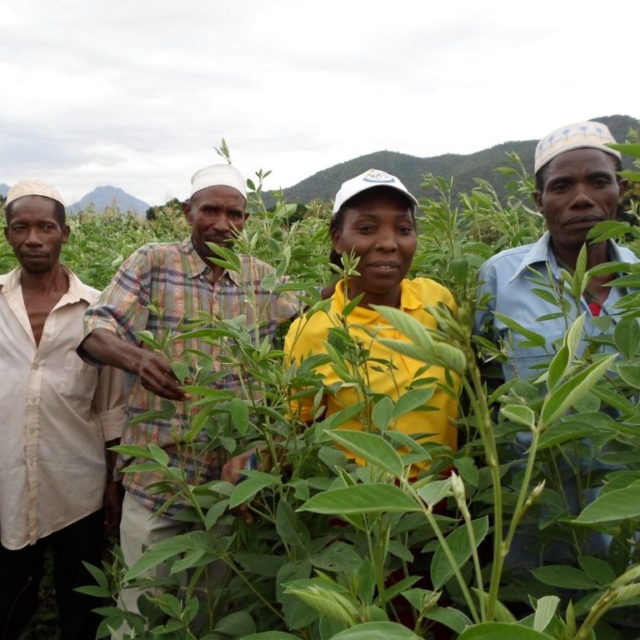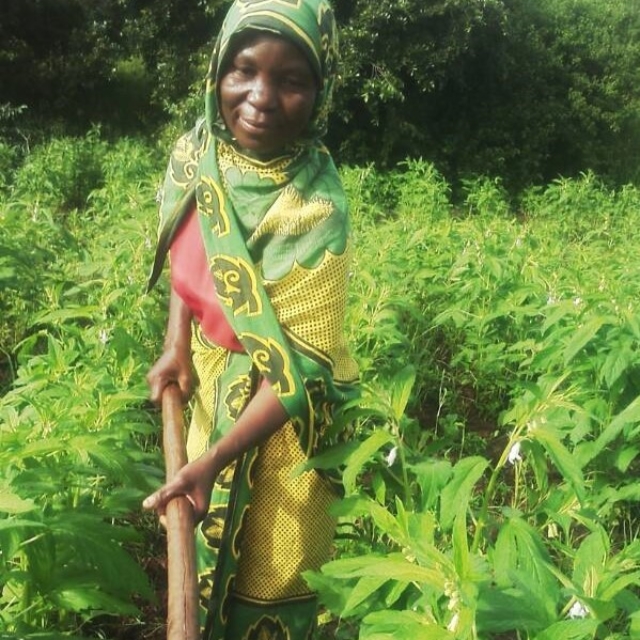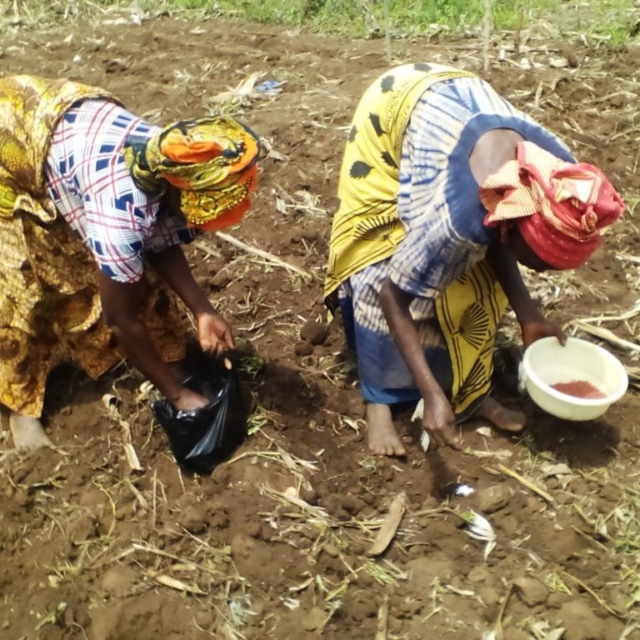
Korogwe Productivity Project (KPP)
GOAL
To improve the income of smallholder farmers in Korogwe district through improved agricultural practices.
LOCATION
Tanga region , Tanzania
DURATION-
2013
-
2019
FARMERS
3,000 Farmers – 20 villages
VALUE CHAINS
Green Gram, Maize, Pigeon Pea, Sesame, Cowpea
PARTNERS
Local Government
FUNDING
Internal funding
Korogwe Productivity Project (KPP)
The Korogwe Productivity Project (KPP) underscored the commitment of EFF to enhance agricultural practices and alleviate poverty in Tanzania's Tanga region across 20 villages focused on improving the productivity of pigeon pea, green gram, maize, cowpea, and sesame. The project aimed to introduce two key pulses, pigeon pea and green gram, to uplift smallholders and improve household income. EFF strategically invested in an agronomist and provided comprehensive farmer training through government field extension staff. Demonstration plots were established to showcase high yielding seed varieties and provide technical training to farmers. By encouraging the formation of farmer groups, EFF linked the producers to ETG as a buyer. A quality declared seed (QDS) multiplication scheme was also set up in collaboration with Tanzania’s certification body, TOSCI, to ensure local access to good quality seeds.
In the face of challenging conditions, the project achieved remarkable success. Yields per acre, starting from ground zero, rose to an average of 300 Kg/acre for pigeon pea and 350 Kg/acre for green gram. Responding to the pulses crisis in 2017, EFF adapted its approach, promoting sesame cultivation and providing the necessary training to farmers. Collaborating with schools, EFF established sesame QDS to distribute sesame seeds amongst the farmer groups. In March 2019, approximately 300 farmers participated in a nutrition training to gain insights into cooking with pigeon pea that were stored in huge quantities at household level.
EFF reached over 3,000 smallholder farmers over the course of the project, which left a lasting impact on the smallholder farmers, fostering sustainable farming practices in the face of adversity.



